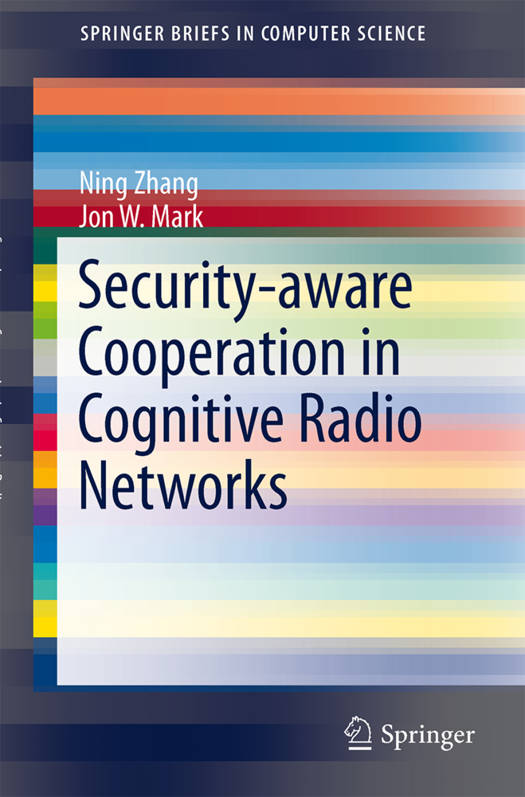
- Afhalen na 1 uur in een winkel met voorraad
- Gratis thuislevering in België vanaf € 30
- Ruim aanbod met 7 miljoen producten
- Afhalen na 1 uur in een winkel met voorraad
- Gratis thuislevering in België vanaf € 30
- Ruim aanbod met 7 miljoen producten
Zoeken
Omschrijving
This brief investigates spectrum efficient and energy efficient strategies, known as cognitive radio networks (CRNs), to ensure secure cooperation between licensed and unlicensed users. The authors address issues of spectrum scarcity, spectrum sensing, transmission performance, trust-aware cooperation, and secure communications. Two security-aware cooperation based spectrum access schemes are presented. The first is a trust-aware cooperative framework for CRNs to improve the throughput or energy efficiency of licensed users and offer transmission opportunities to unlicensed users, taking into consideration the trustworthiness of unlicensed users. The second scheme is a cooperative framework to enhance secure communications of licensed users. An introduction to CRNs and literature survey enhance the discussion while numerical results are provided to demonstrate the viability of the proposed schemes. The brief is designed for researchers and professionals working with cognitive radio networks or interested in cooperation based access. Advanced-level students studying computer communication networks and communications engineering will also find this brief useful.
Specificaties
Betrokkenen
- Auteur(s):
- Uitgeverij:
Inhoud
- Aantal bladzijden:
- 75
- Taal:
- Engels
- Reeks:
Eigenschappen
- Productcode (EAN):
- 9781493904129
- Verschijningsdatum:
- 31/01/2014
- Uitvoering:
- Paperback
- Formaat:
- Trade paperback (VS)
- Afmetingen:
- 156 mm x 234 mm
- Gewicht:
- 136 g

Alleen bij Standaard Boekhandel
+ 167 punten op je klantenkaart van Standaard Boekhandel
Beoordelingen
We publiceren alleen reviews die voldoen aan de voorwaarden voor reviews. Bekijk onze voorwaarden voor reviews.











